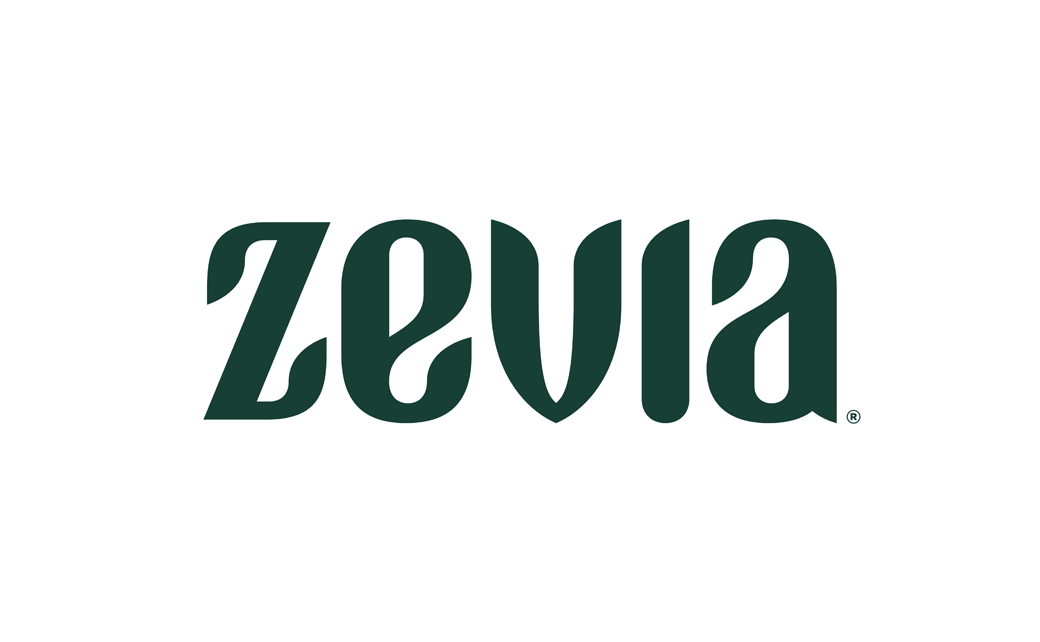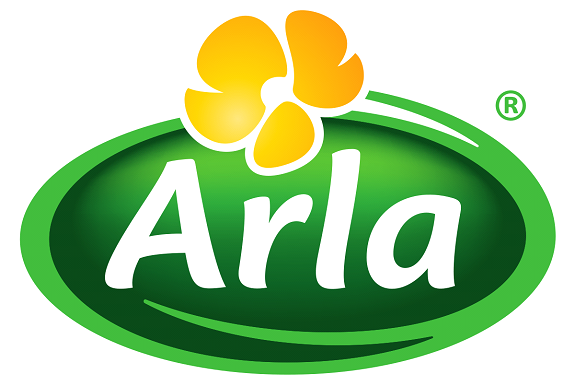Shaping the Future of Food Industry Hiring
The landscape of the food industry is changing.
These changes are not just reshaping what’s on our plates but also transforming the way talent is recruited and nurtured within the industry.
Emerging Skill Sets and Roles
The demand for talent in the food industry is no longer just about culinary expertise or operational efficiency. It’s about embracing a holistic approach that encompasses sustainability, health consciousness, and digital expertise. Roles like sustainability managers, food scientists specializing in plant-based alternatives, and data analysts are becoming increasingly necessary.
As companies pivot towards more sustainable practices, candidates with expertise in waste reduction, supply chain optimization, and renewable energy solutions are highly sought after. Likewise, the growing trend towards health-conscious eating has spurred a demand for nutritionists, food technologists, and culinary experts well-versed in creating nutritious yet delicious offerings.
To adapt to these evolving requirements, clients need to recalibrate their talent search strategies. This means casting a wider net, exploring non-traditional talent pools, and investing in upskilling and reskilling programs to nurture the next generation of food industry leaders.
Innovative Recruitment Tactics
In the digital age, traditional recruitment methods alone no longer suffice. To attract top talent in a fiercely competitive market, companies must embrace innovative recruitment tactics that leverage the power of strategy and branding.
Partnering with third-party recruiting firms can streamline candidate sourcing, screening, and selection. These firms harness the power of machine learning algorithms, have a global pool of passive candidates, and have recruitment expertise which allows companies to identify the best-fit candidates with unprecedented speed and accuracy.
Employer branding strategies are also gaining traction as companies recognize the importance of building a strong employer brand to attract and retain top talent. From highlighting company values and culture to showcasing employee testimonials and success stories, a compelling employer brand can be a game-changer in attracting the right talent.
How Recruitment Can Adapt
The traditional 9-to-5 office model is rapidly becoming a relic of the past. Remote work, flexible schedules, and hybrid office models are no longer just perks; they’re expectations.
To thrive in this new environment, companies must adapt their recruitment strategies accordingly. Embracing remote work options not only expands the talent pool but also enhances team member satisfaction and retention.
Similarly, promoting diversity isn’t just a moral imperative; it’s a business imperative that fosters innovation and drives success. Creating a workplace culture that values diversity isn’t just about ticking boxes; it’s about creating a sense of belonging where every team member feels valued and empowered to bring their whole selves to work. This leads to an environment that fosters innovation.
Conclusion
In conclusion, the food industry is a dynamic and ever-evolving ecosystem that demands a forward-thinking approach to talent recruitment. By embracing emerging skill sets and roles, leveraging innovative recruitment tactics, and adapting to shifting workforce dynamics, companies can position themselves for success in the years to come. The future of food starts with the people behind it, and with the right talent on board, the possibilities are endless.
















